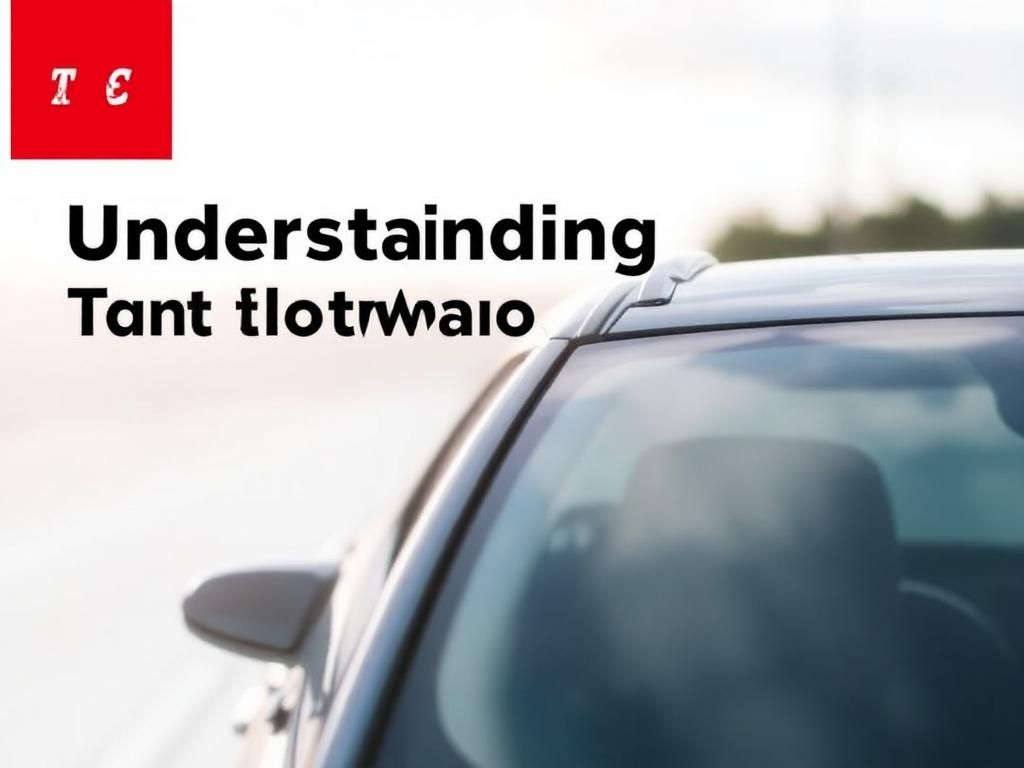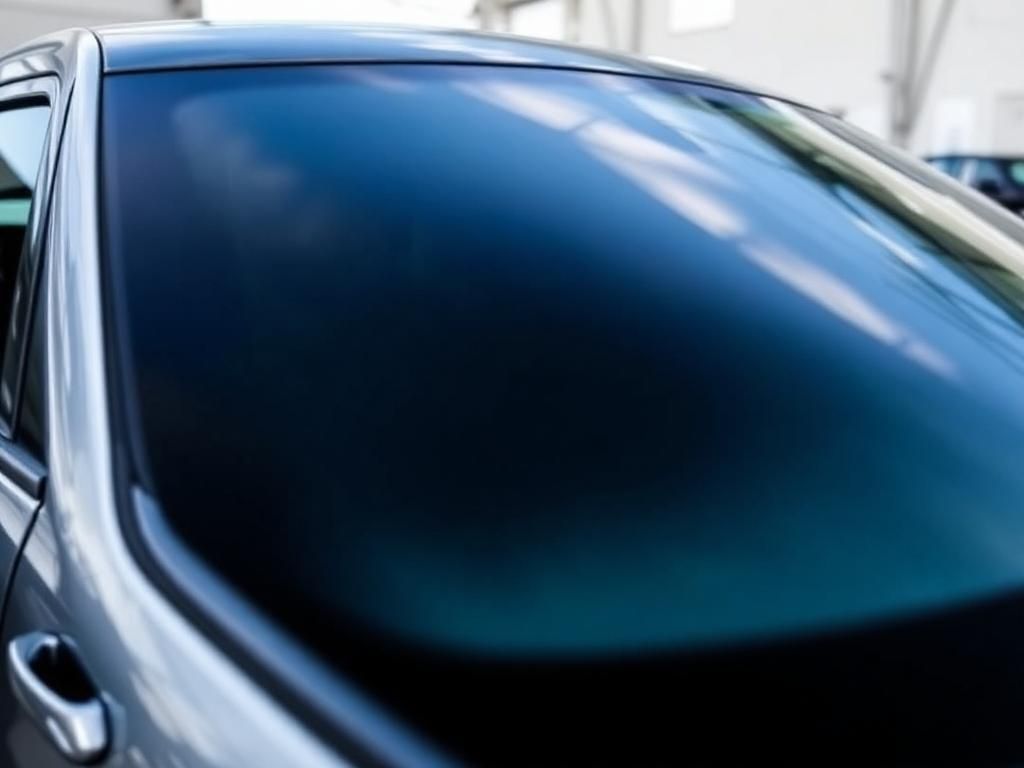Window tinting has become a popular modification among vehicle owners in North Carolina, often chosen for its aesthetic appeal and practical benefits. However, understanding NC tint laws is crucial to avoid legal penalties and ensure compliance. This comprehensive guide will delve into various aspects of window tinting, from its benefits and regulations to measurement techniques and consequences of violating the laws. Whether you’re considering tinting your vehicle or already have it tinted, understanding the state laws is vital for responsible ownership.
Introduction to NC Tint Laws
Understanding tint laws is essential for vehicle owners as it helps them comply with the regulations designed to ensure safety on the roads. Window tinting offers numerous benefits, including heat reduction, UV protection, and enhanced privacy. However, improper tinting can pose risks, such as impaired visibility and legal complications. The legislation history regarding window tinting in North Carolina has evolved over the years, reflecting concerns over safety and public welfare.
Overview of Window Tinting
What is Window Tint?
Window tint refers to a film applied to the windows of a vehicle, altering the light transmission and visibility. These films come in various types, each with distinct characteristics. The most common types are:
- Dyed: A dark, opaque tint that reduces glare and provides privacy.
- Metalized: Contains small metallic particles that reflect heat and UV rays.
- Ceramic: Offers superior heat reduction and UV protection while maintaining clarity.
Common Benefits of Window Tinting
Window tinting provides a variety of benefits, making it a popular choice among vehicle owners. These include:
- Heat reduction: Tinted windows can significantly decrease the interior temperature of your vehicle, enhancing comfort during hot days.
- UV protection: Premium tints block harmful UV rays, protecting passengers and preventing interior fading.
- Increased privacy and security: Tinted windows can deter theft and protect personal belongings from prying eyes.
- Interior protection and comfort: The additional protection helps maintain the vehicle’s upholstery and keeps the interior cooler.
North Carolina Tint Laws Explained
Legal Tint Limits by Vehicle Type
In North Carolina, NC tint laws dictate specific tinting regulations based on the type of vehicle. Knowing these limits is essential to ensure compliance:
| Vehicle Type | Front Windows | Back Windows |
|---|---|---|
| Passenger Vehicles | 32% maximum VLT | No limit |
| SUVs and Vans | 32% maximum VLT | No limit |

Windshield Tint Regulations
The regulations regarding windshield tinting in North Carolina specify that:
- The acceptable visible light transmission (VLT) percentage is a minimum of 35%.
- A non-reflective strip at the top of the windshield is permitted, but its height should not exceed 5 inches.
Medical Exemptions and Special Circumstances
There are provisions for medical exemptions, allowing individuals with specific conditions to have darker tinting. To qualify, individuals must:
- Have a medical condition that requires increased protection from sunlight.
- Obtain a physician’s certification.
- Present documentation as required by the DMV and law enforcement.
How to Measure Window Tint
Understanding VLT (Visible Light Transmission)
Visible Light Transmission (VLT) measures the percentage of light that passes through the tinted glass. Understanding how VLT works is crucial for compliance with NC tint laws. It is typically measured using specialized equipment.
DIY Testing vs. Professional Services
When it comes to measuring tint, vehicle owners have two options:
- DIY Testing: While measuring VLT at home can save money, it may lack accuracy, leading to potential legal issues.
- Professional Services: Hiring professionals ensures accurate VLT measurement and compliance with NC tint laws.

Consequences of Violating NC Tint Laws
Legal Penalties
Violating NC tint laws can result in fines and penalties. The potential consequences include:
- Fines: Fines range from $100 to $250 for illegal tinting.
- Vehicle Registration: Persistent violations may lead to issues with vehicle registration renewal.
Potential Insurance Complications
Illegal tinting can complicate insurance claims. It is essential to:
- Disclose any modifications, including window tinting, to your insurance provider.
- Understand that non-compliance may affect coverage for damages or accidents.
Tips for Complying with NC Tint Laws
Choosing the Right Tint
When selecting window tint, consider the following:
- Climate: Choose a tint that effectively reduces heat based on your typical driving conditions.
- Personal Needs: Determine the level of privacy and UV protection you require.
Recommended products include brands known for compliance with NC tint laws, such as 3M and Llumar.
Finding Reputable Tinting Professionals
Choosing the right tinting service can enhance the quality of your tint application. Here are some tips:
- Check for licenses and certifications.
- Read reviews and seek recommendations from previous customers.
- Ask about warranties and aftercare services.
Conclusion
Adhering to NC tint laws is essential for vehicle owners in North Carolina. Responsible tinting practices ensure compliance, enhance safety, and allow you to enjoy the aesthetic and functional benefits of window tinting without legal repercussions.
Additional Resources
State Resources
For more detailed information on NC tint laws, visit the official North Carolina DMV tint regulations. For questions regarding tint laws, contact your local law enforcement agency.
Further Reading
For more insights on window tinting and its regulations, check out articles and guides from reputable automotive websites. Frequently asked questions can clarify common concerns and provide a deeper understanding of compliance requirements.
FAQ
- What is the legal tint percentage for passenger cars in NC? The maximum tint percentage for the front windows is 32%. Back windows have no limit.
- Are there any exemptions for medical reasons? Yes, individuals with certain medical conditions can apply for an exemption with proper documentation.
- How can I measure my window tint? You can measure VLT using professional services or DIY kits, but professional services are recommended for accurate results.
- What happens if I get pulled over for illegal tinting? You may receive a citation and be subject to fines if your tint violates NC regulations.
- Can I tint my windshield in NC? Yes, but only the top 5 inches can have a non-reflective tint with a minimum VLT of 35%.
- Will illegal tinting affect my insurance? Yes, illegal modifications can complicate claims, so it’s crucial to inform your insurer about any tint.